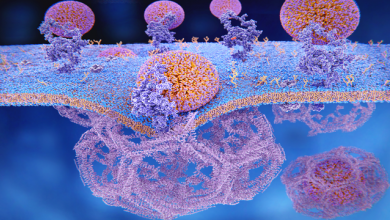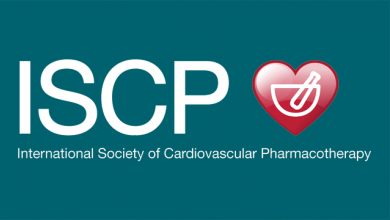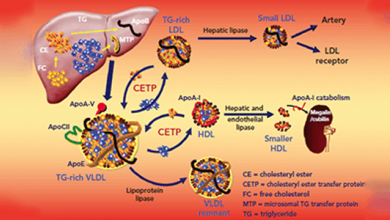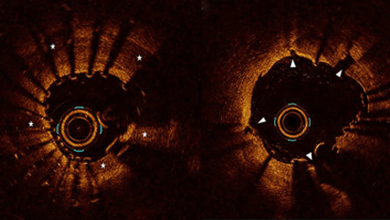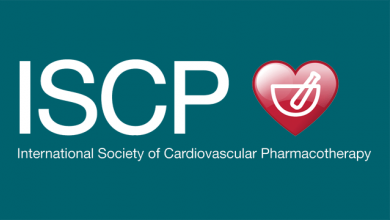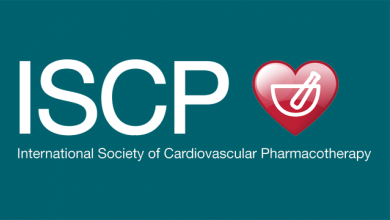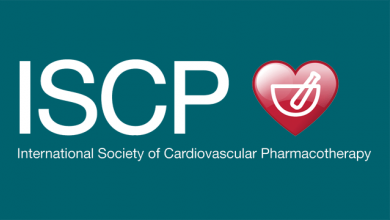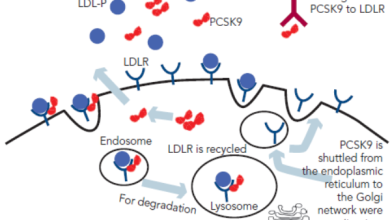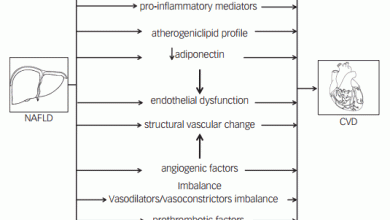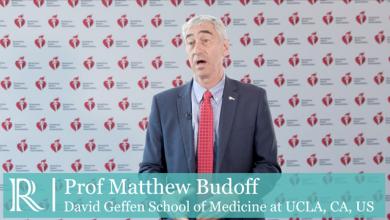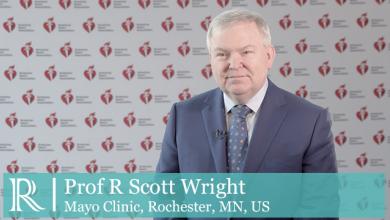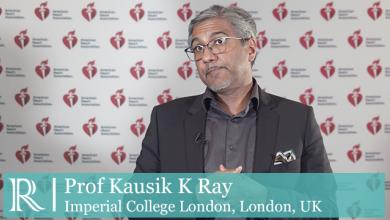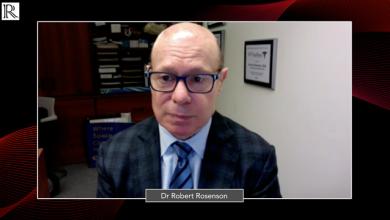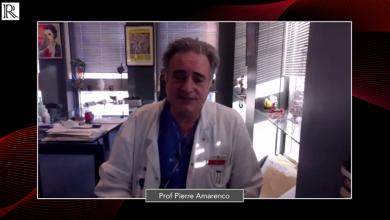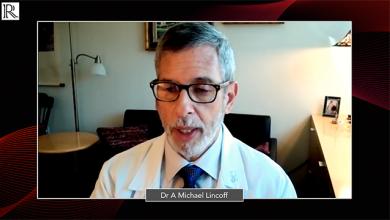Substantial progress in the treatment of atherosclerotic complications – in particular in secondary prevention – has led to a significant reduction of recurrent cardiovascular events. This has been through the use of pharmacological strategies including lipid-lowering drugs such as statins, beta-blockers, angiotensin-converting ensyme inhibitors and angiotensin receptor blockers, along with the introduction of early percutaneous coronary intervention in acute coronary syndrome with consecutive application of dual antiplatelet therapy.
Atherosclerosis
About
Media
Media
Articles
Everything in Moderation: Investigating the U-Shaped Link Between HDL Cholesterol and Adverse Outcomes
Citation:
US Cardiology Review 2019;13(1):49–53
- Abstract
- Full text
- Login or register to view PDF.
- Permissions
- References
For permissions and non-commercial reprint enquiries, please visit Copyright.com to start a request.
For author reprints, please email rob.barclay@radcliffe-group.com.
- Views:
 137
137
- Downloads:
 0
0
- Citations: 4
Anticoagulation in Patients with Ischaemic Heart Disease and Peripheral Arterial Disease: Clinical Implications of COMPASS study
Citation:
European Cardiology Review 2018;13(2):115–8.
- Abstract
- Full text
- Login or register to view PDF.
- Permissions
- References
For permissions and non-commercial reprint enquiries, please visit Copyright.com to start a request.
For author reprints, please email rob.barclay@radcliffe-group.com.
- Views:
 679
679
- Downloads:
 0
0
- Citations: 6
Using Pharmacogenetic Testing or Platelet Reactivity Testing to Tailor Antiplatelet Therapy: Are Asians Different from Caucasians?
Citation:
European Cardiology Review 2018;13(2):112–4.
- Abstract
- Full text
- Login or register to view PDF.
- Permissions
- References
For permissions and non-commercial reprint enquiries, please visit Copyright.com to start a request.
For author reprints, please email rob.barclay@radcliffe-group.com.
- Views:
 259
259
- Downloads:
 0
0
- Citations: 8
Characteristics of Lipid Profile of LPL Deficiency in Japan – Comparison with Non-LPL Deficiency
Citation:
European Cardiology Review 2018;13(2):132.
- Abstract
- Full text
- Login or register to view PDF.
- Permissions
- References
For permissions and non-commercial reprint enquiries, please visit Copyright.com to start a request.
For author reprints, please email rob.barclay@radcliffe-group.com.
- Views:
 67
67
- Downloads:
 0
0







